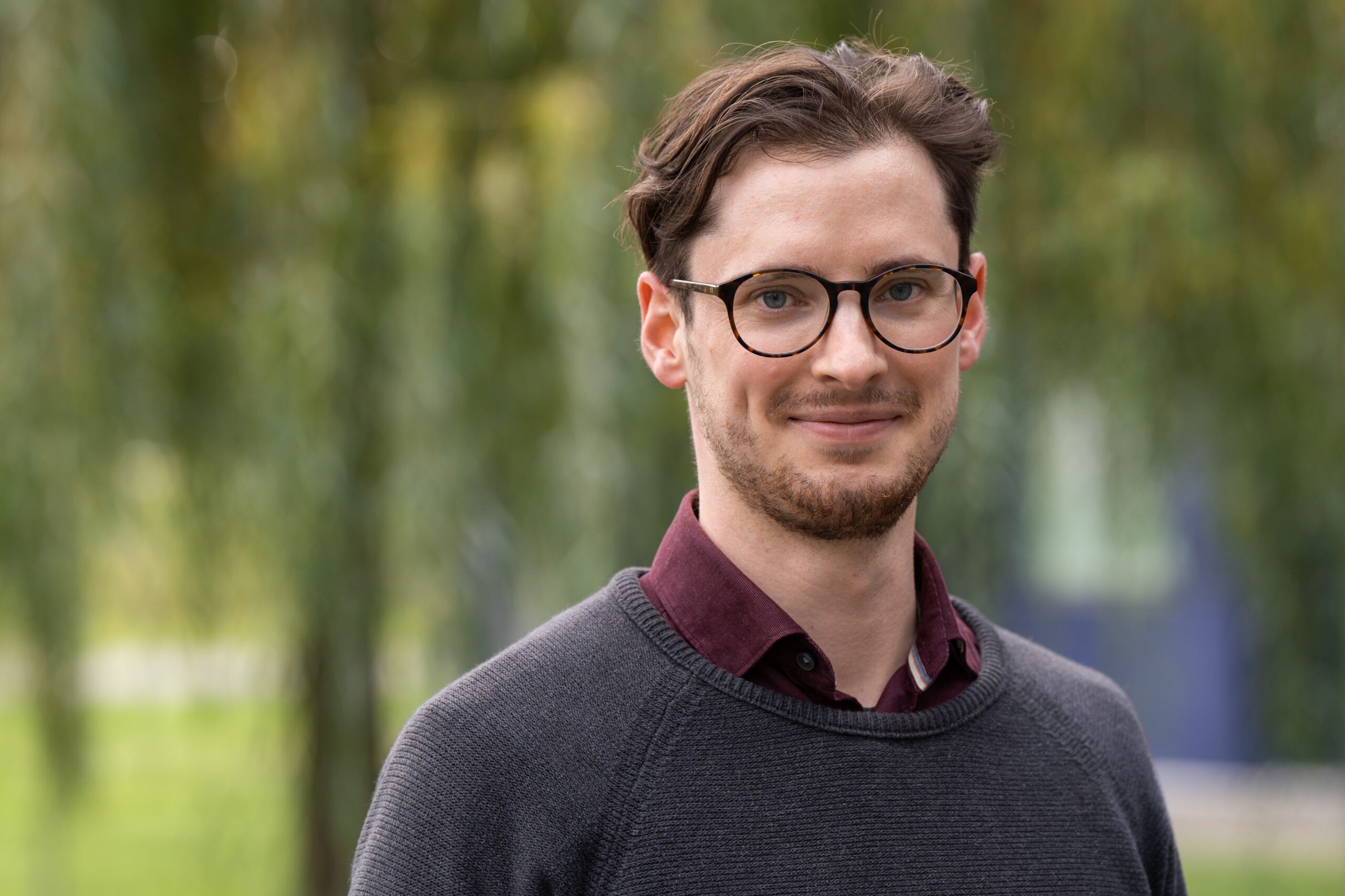
Julian Barth
PhD student
Malaria parasites face astonishing difficulties during their life cycle. During infection, they must cope with the host's immune response and the overwhelming task of exporting their own proteins into, and even through, human erythrocytes. Both the protection of their proteome and the host cell modification process are highly dependent on a functional chaperone protein machinery. My proteins of interest, the heat shock protein family, are also considered to be chaperones.
Although this highly divergent protein family is slowly coming into the spotlight of parasite research, the HSPs of Plasmodium falciparum are particularly attractive as a research target. My main interest is to explore how plasmodial HSP70 and HSP40 proteins functionally interact. Additionally, their unique ability to hijack and exploit their human counterparts is outstanding to me. During the first year of my PhD, I designed in vitro assays to measure specific aspects of the chaperone activities of HSPs. By increasing our knowledge of this literally parasitic interaction, I hope to improve the possibilities for future drug development against malaria infections.
